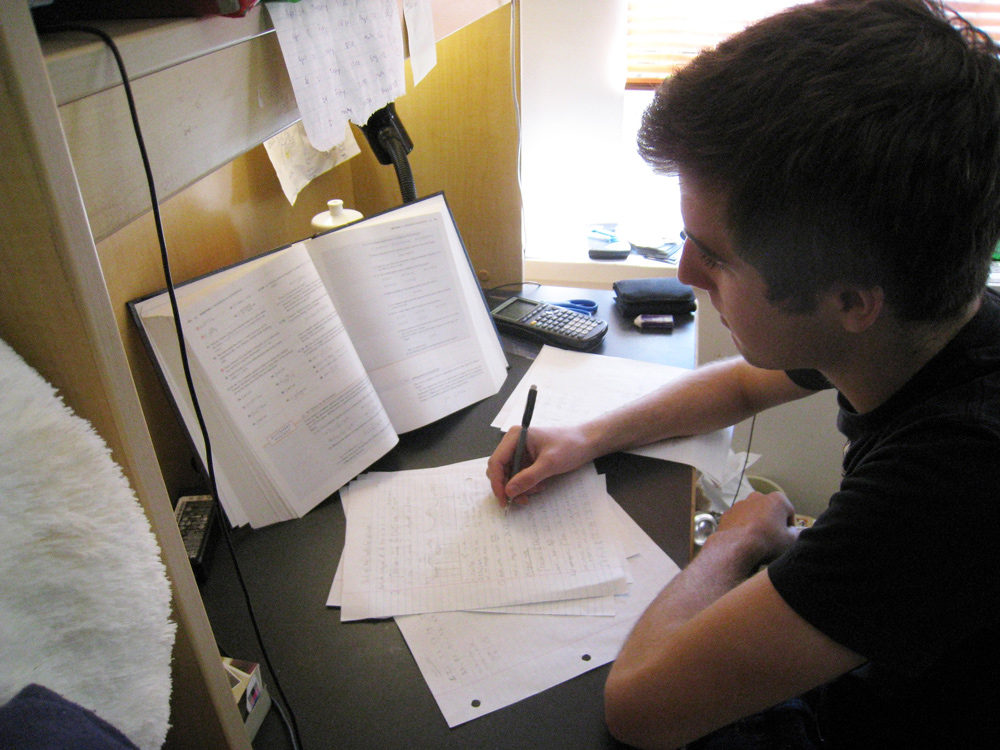by Alice Johnsen
Every spring across the country thoughts turn with mixed emotions towards exams. GCSEs, A-level and other exams are looming.
If your household is one of many being struck with the curse of revision, read on.
The run up to exams can be harder than the exam weeks themselves.
The fear of the unknown combined with hours of solo study can create a whole range of emotions like boredom or real fear.
A revising teenager needs careful handling if they are to feel supported without feeling over-pressurised. Here are a few ways to help.
- Talking to your son or daughter about their revision and exams at the beginning means you are more likely to notice if things go off course. As with all such conversations, a walk or a car journey are both excellent ways of discussing without visual confrontation.
- It can help your child to ask them where they can get help from at school. If they’re not sure, offer to find out with them so they know they’re not in this on their own.
- Consider putting together a revision timetable with them and talk about breaking revision periods into small sections. Twenty-minute bursts with a five-minute break away from their desk are more effective than 90 minutes sitting somewhere near your books, grinding your teeth and clock watching.
- If you have the space, set aside a room or part of a room for revision and make sure everyone knows they need to keep away and keep distractions to a minimum.
- Set a finish time and once that’s been reached, encourage taking a break outside. A run, a walk, meeting a friend, a bike ride – anything like that will make a huge difference to how your child sleeps, feels about his or her day and how what they have revised will sink in.
- Encourage good sleep. Teenage brains are changing alongside the more visible physical changes. That can bring about real difficulties with sleep but a regular evening routine can help. Coming off smart screens an hour before bed not only helps you sleep. It improves retention of the work you have done that day as the processing part of your brain is able to function more efficiently while you sleep if you have had a break from screens for an hour before you go to bed.
A longer version of this article will be on my website soon: www.alicejohnsen.co.uk
Alice Johnsen is a life coach. Phone: 07961 080513; visit www.alicejohnsen.co.uk










Leave a Reply